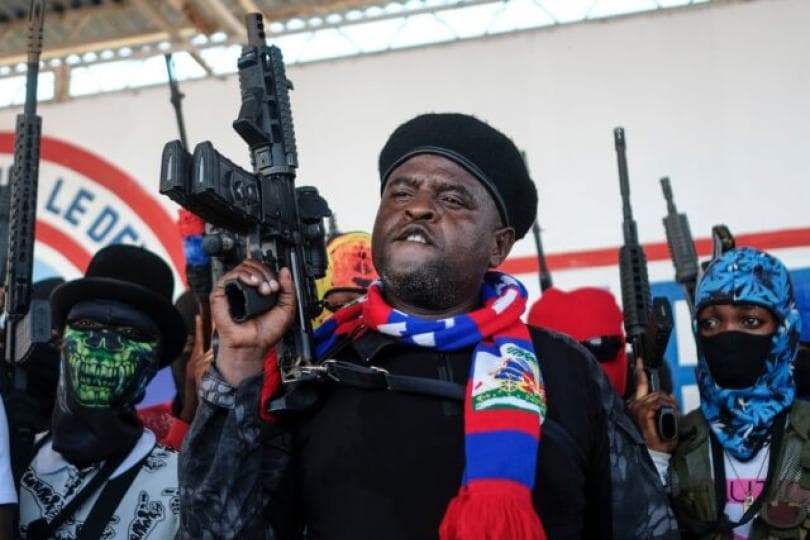Haiti in Crisis: Navigating Paths Amidst a Failed State

The assassination of Haitian President Jovenel Moise over two years ago marked the beginning of a devastating period for Haiti, characterised by a deepening humanitarian, security, and political crisis. The recent deployment of U.S. Marines to reinforce the embassy and conduct evacuation operations underscores the severity of the situation, with Haiti teetering on the edge of becoming a failed state.
Security and Gang Violence
Haiti's descent into chaos is exacerbated by the proliferation of approximately 200 gangs, 23 of which hold significant sway in the metropolitan area of Port-au-Prince. Recent reports indicate that these gangs have expanded their territorial control from 60% to 80% of the capital, fueling their influence through financial autonomy derived from smuggling firearms and ransom payments resulting from kidnappings. The weakened state institutions, particularly the under-resourced police department, struggle to contain the escalating violence.
A coalition of rival gangs, led by notorious figures like "Barbecue" of the G-9 and the "Ti Gabriel gang federation," has further intensified the conflict. Joint operations between these gangs have led to mass jailbreaks, releasing over 3,800 criminals, including notorious leaders, exacerbating an already dire situation.
International Efforts and Setbacks
Despite international efforts, including the approval of a Kenyan-led multinational security force by the UN Security Council in October 2023, progress has been minimal. Delays and a lack of resources have hampered the peacekeeping mission, leaving Haiti vulnerable to ongoing attacks on government institutions, police stations, and key infrastructure. The suspension of international flights compounds the crisis, hindering both local populations and international aid efforts.
Statistical Insights:
The grim reality is underscored by a staggering death toll, with more than 1,190 people killed since the beginning of 2024 alone and nearly 200,000 Haitians displaced. Efforts by the international community, including the approval of a Kenyan-led multinational security force by the UN Security Council in October 2023 to address the escalating gang violence in Haiti, have yielded little progress. Regrettably, the peacekeeping mission has encountered substantial delays, with no countries stepping forward to provide the necessary resources for intervention.
Political Turmoil and Leadership Vacuum
The resignation of Prime Minister Ariel Henry, under pressure from both the United States and the Caribbean, adds a new layer of complexity to Haiti's political landscape. With a transitional government yet to be formed, the absence of effective leadership exacerbates the challenges faced by the nation. Amidst this power vacuum, the importance of a much-delayed election becomes increasingly apparent as a potential avenue to address the turmoil.
Haiti stands at a critical juncture, grappling with a profound crisis that threatens to push the nation into a collapsed state. The urgency of the situation necessitates immediate action, emphasising the implementation of security measures and initiatives addressing the root causes of instability. With a focus on sustainable recovery, the international community must rally to support Haiti in navigating this challenging path and preventing further deterioration.


































